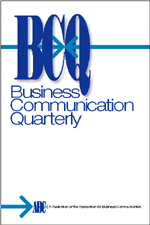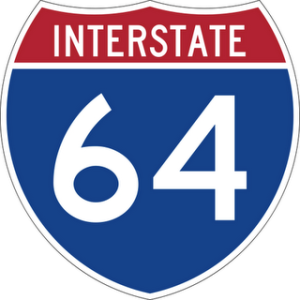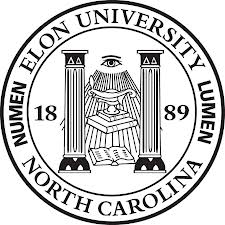Research projects exist in many PWR courses, and encourage students to think critically while working collaboratively. Examples of some PWR research projects are described below.
Travel Writing: North Carolina Highway 64 Website
PWR students focus on different genres of professional writing, and the Special Topics in PWR Travel Writing class provided students with the opportunity to explore Highway 64; interview individuals along the way; write reviews, features, and profiles from the trip; and compile all of this information into a comprehensive website meant to inform individuals of what North Carolina’s stretch of Highway 64 has to offer. From the coast to the mountains, students researched North Carolina in groups and produced travel writing pieces to highlight the magnificent of Highway 64. The class collaborated to create a website to showcase their writing and further explore the rhetoric of travel writing.
Final Project:
Website
Undergraduate Research Director’s Report
Students in CUPID Studio worked on creating the Undergraduate Research Director’s Report, which would be sent out to donors, parents, and faculty at Elon. The purpose of the booklet was to inform these audiences about what kind of undergraduate research is going on at Elon University, who is doing it, and what they are gaining from this research. After conducting a survey and research, students created a template using the University’s colors. Each highlighted page includes, next to a picture of the student, the basic information about the student: major, minor, research mentor, and if they were in a Fellows program. Also included was the title of their research, an abstract of the research, if and where they had presented, and the students’ thoughts on their work. This project taught PWR students how to create a product for a client, while compiling extensive information appealing to a specific audience.
Final Project:
Highlighted Project Template
Short Project Template
 Business Communication Quarterly Article
Business Communication Quarterly Article
During Spring 2013, three students – Paige Ransbury, Mia Brady, and Rachel Fishman – along with Dr. Rebecca Pope-Ruark collaborated on an article about the Grant Writing for Nonprofits course for the Business Communication Quarterly, the journal of the Association for Business Communication. This scholarly journal focuses on business communication pedagogy and teaching, with a new focus on the Scholarship of Teaching & Learning. The article focuses on the students’ experience and the impact of this unique type of course on the learning process, specifically how the project motivated students to collaborate in different ways.
The class was a mix of purely academic learning, so that students could gain the knowledge of how to write a grant, and workshop time to collaborate with group members. Students noticed that there was an interesting shift of motivation throughout the semester as they became less focused on the grade and more focused on getting their partner organizations the money that they wholeheartedly believe they deserved. The article discusses academic service learning and the impact that it has on students, specifically motivation. It also incorporates survey data from all the students in the Grant Writing course to demonstrate how the additional element of a community partner challenged students to develop collaborative techniques and make rhetorical choices to enhance the effectiveness of the process. These three students and Dr. Pope-Ruark are eagerly awaiting approval, and hoping to see it published at some point in the Spring.
Final Project:
Excerpt from Article
 Conservators’ Center Tour Program Project
Conservators’ Center Tour Program Project
In ENG397, Writing as Inquiry, a group of six worked on a comprehensive research project for the Conservators’ Center in Mebane, NC. As a service learning section, the group worked on their professional communication skills while also helping out the community. With the help of CUPID they looked at the Center’s tour program and analyzed it’s efficiency using focus groups, surveys, and best research practices. Click here to find out more information on their research!
Narratives:
Project Narrative


